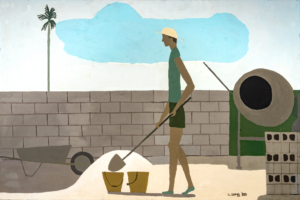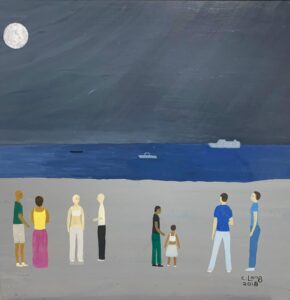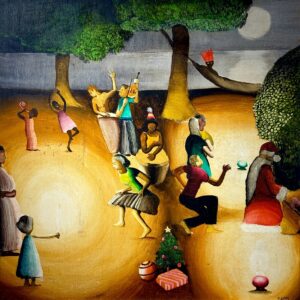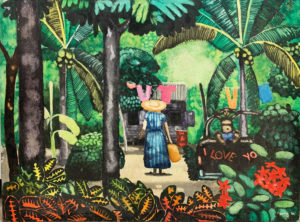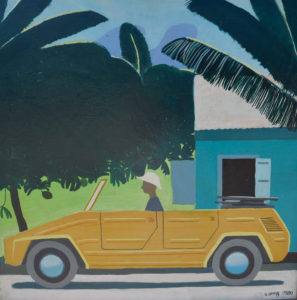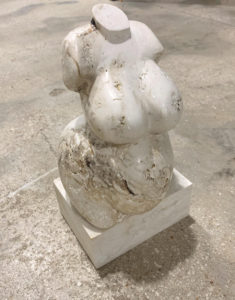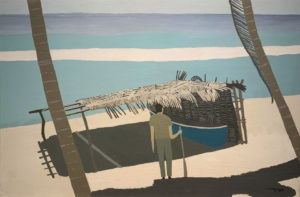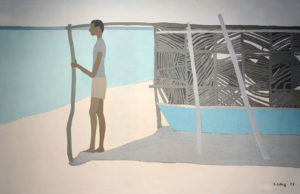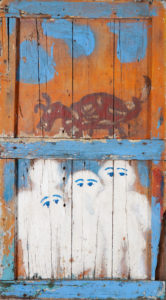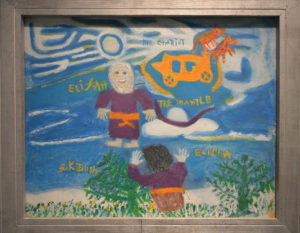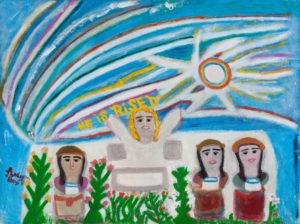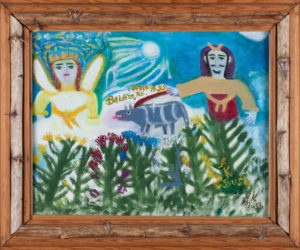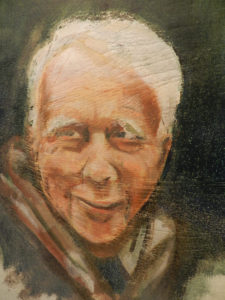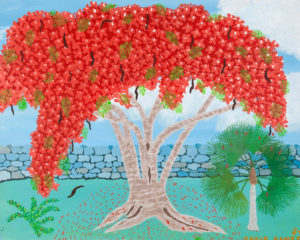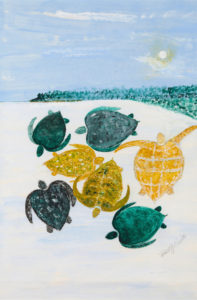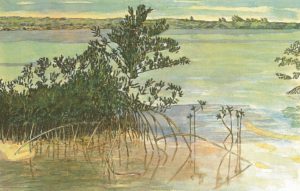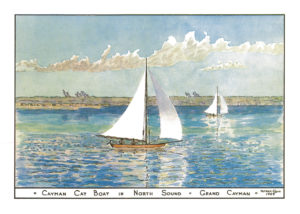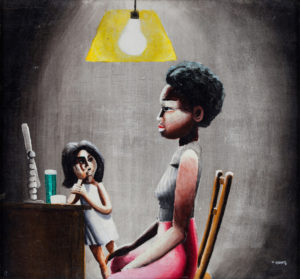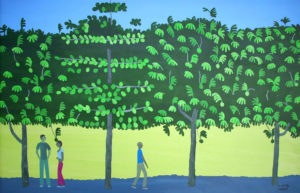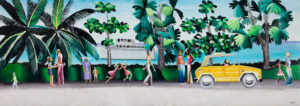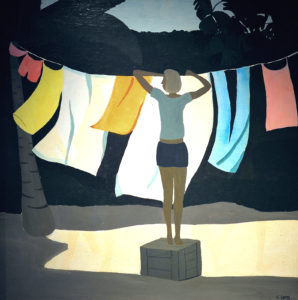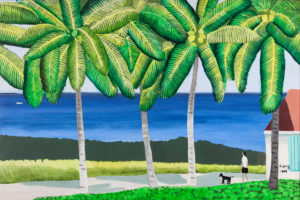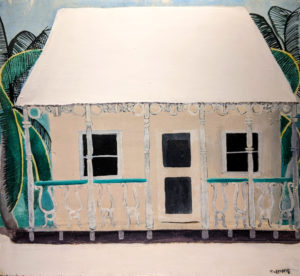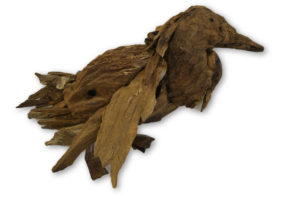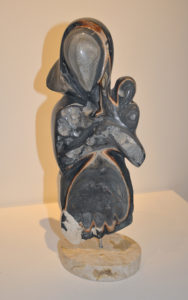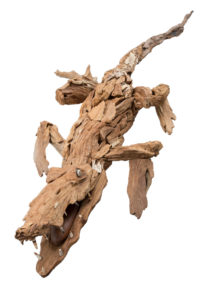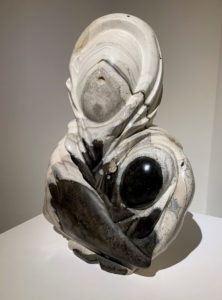Intuitive Art and Early Pioneers
The history of formal visual art in the Cayman Islands is relatively young in comparison to the country’s 500-year recorded past. Given our geographical location, relatively late permanent settlement, and the absence of pre-Columbian cultural traditions in Cayman, the primary forms of cultural expression until the mid-twentieth century were traditional Caymanian music and dance — a blend of African and Scottish quadrille — and functional crafts such as basket weaving, embroidery, appliqué, quilting, shell carving as well as decorative architectural fretwork.
With the increasing affluence generated during the Southwell Years, when many Caymanian men joined the merchant marines and sent remittances home, along with growth in the financial services and tourism industries from the late 1960s onward, came a transformation in Caymanian society. The emergence of a formal visual art community can be traced to this period through the work of early pioneers like Patrick Quin, Charles Long, as well as Barbara and Ed Oliver, in addition to several “intuitive” artists — also known as Outsider, self-taught or visionary artists — such as Harvey Ebanks, Edrid Banks Jr, Horacio Esteban, and Gladwyn “Miss Lassie” Bush. While the likes of Ed Oliver and Charles Long brought with them a degree of formal training in fine art (with the latter nevertheless adopting a consciously simplified style), the work of these early pioneers by and large reflects their status as self-taught artists — creating art that was unrestrained by tradition and driven instead by their own subjective and emotional responses to their surroundings and lived experiences.
